The new owners of a Perthshire zoo have outlined the changes they plan to make to the park.
Alexa Reid and partner Rob Matthews have already embarked on a “whirlwind” of changes since they took over Auchingarrich Wildlife Park three months ago.
They arrived from England on a mission to utilise more of the 150-acre site near Comrie, and have so far set up an adventure play area for children, a crazy football course, a site for wild campers and created new footpaths.
More exotic animals are on the way and, from this weekend, the couple will launch the park’s first ever walk-through, the Australia zone, containing emus, wallabies and a potoroo, with fruitbats and red kangaroos coming soon.
“We have come it from a whole different angle,” said Alexa, who also explains in this article that she is applying for an alcohol licence and wants to install a formal campsite by next summer.
The feature is divided in the following sections:
- Owner drove with two beehives and python
- Park on the market for £1.5m
- Scottish wildcats among rare species
- Meercats give birth within days
- Launch of new Australia zone
- Wild camping for £19 per night
- Tractor trips to panoramic ‘lookout’
- Admission prices ‘lowest in UK’
Owner drove with two beehives and python
Alexa Reid was raised on a pastoral farm in Northumberland and for the past 18 years has been the managing editor of Angus Steakhouse and Steak and Company in London.
“My experience in tourism is phenomenal so I thought coming up here was quite a good marriage with my farming background,” said Alexa, who also did a degree in catering at Aberdeen University.
Her partner Rob Matthews grew up around animals in his native South Africa and has spent many years working in restaurants and hotels.
They reassessed their life during the Covid lockdown of 2020, when they spent time at home in Datchet, Berkshire, with son John, who is now 11.
“We had a huge back garden,” recalled Alexa. “We hatched some eggs, had some lovely chickens, got ducks, then a beehive.
“We started getting more animals so we thought we should get a bigger paddock so we could get a pony.
“So we looked for somewhere with a bigger paddock and got the wildlife centre, which is one extreme to the other.
“On the day we moved up I drove in a car with two beehives and a python, who are here.”
Park on the market for £1.5m
The wildlife centre has been part of the area since the early 1990s and for the previous 10 years was owned by Andrew Scott’s family.
In early 2020 it was marketed by Galbraith for £1.5m, which included five-bedroom Auchingarrach Farmhouse, with three reception rooms, three bathrooms and a study.
The couple’s venture was backed by lending from Bank of Scotland, whose relationship manager Moira Robertson said: “It is fantastic to see Auchingarrich Wildlife Park commit to a number of schemes and programmes to boost the park’s animal numbers.
“In addition to this, the business’ recruitment drive and internal progression system will provide a huge boost for the local area.”
Alexa had a clear vision of what she wanted from the park.
“We arrived to find 150 acres and most of it wasn’t used,” Alexa said. “A lot of the area was just big open spaces that were cordoned off.
“When we first came there were very small enclosures and we are totally against that. The Biaza guidelines state that zoos is should have enclosures as big as possible to make it natural to animals’ own surroundings.
“So we are doing an awful lot to make sure that happens.
“We have knocked down small enclosures and we have made big areas. As a consequence people think we don’t have as many animals as they are not all in one place. But that is not the case.”
Scottish wildcats among rare species
Auchingarrich has 263 animals in 40 species, though this does not include Alexa’s 100,000 bees, her six stick insects and the many farm animals on the site.
Popular attractions include the meerkats, lemurs, emus, marmosets, ostriches and one of the UK’s biggest otter enclosures.
Among the rarest species are Scottish wildcats, of which three of the 350 in the wild are here.
There are Asian small-clawed otters, which are under threat from extinction so the park is aiming to become part of a breeding programme.
Alexa intends to do the same for the black-and-white ruffed lemurs.
“They actually pollinate everything when they put their heads in flowers,” she said. “I love the educational side in being able to tell children that lemurs and bees are linked.”
Meerkats give birth within days
It was a stressful start for Alexa and Rob.
Within days of arriving a meerkat had given birth and Alexa also discovered that one of the chipmunks had been made previously pregnant, which necessitated a call to the council because they are considered vermin.
A bearded dragon had a prolapse and required an operation and a coyote needed some teeth extracted.
Launch of new Australia zone
Once they had finished firefighting the couple worked on longer term projects. One of the most significant, the Australia zone, will open this Saturday.
On either side of the walk-through are parma wallabies, albino bennet’s wallabies, emus and Harry the potoroo.
An old-fashioned Australian jail will house the fruitbats that will arrive next week.
Two red kangaroos are being sourced from the Lake District Wildlife Park in Cumbria. They will be the first of this species in Scotland.
Nods to Australia’s landscape and heritage will be present in a mini Ayers Rock and an opal mine.
Vegetation native to Australia has been planted. These include a snake bark maple tree, bamboo and willow.
In time, the foliage will shield the zone from its surroundings, with accompanying fountains and flowing water adding more magic.
“It will be like Alice in Wonderland,” Alexa said. “A wisteria arch will be built. You will be led through the park and it will feel secret and immersive so you feel that you are in Australia.
“The zone is really fun and we like the educational aspect of it.
“Our next zone is going to be an African zone. At the moment we have marmosets who are currently inside and are going to be moved to a nice big enclosure.”
Wild camping for £19 per night
Another swift opening has been the wild camping area, which was launched in July.
It contains 20 pitches with each costing £19 per night.
“We have been given a license for 28 days and next year we will apply for a full campsite,” Alexa said.
“It has been so well received. Customers have a happy campers’ path so when they come they have access to the park for the whole duration. They also get to see the park after hours when no one else is here.”
A new adventure zone has been created and resurfaced footpaths lead to a previously concealed pond.
“People used to come and could see everything in 20 minutes,” Alexa said. “I am very much about children having an adventure and being able to run about and expend energy, so we have created an adventure zone.”
Tractor trips to panoramic ‘lookout’
On the grounds of the wildlife park is the ‘lookout’, a high point 344 metres above sea level that delivers stunning views north towards Ben Chonzie and the Highlands.
Access for customers can be tricky so the couple may create a new path and offer tractor rides to the spot.
There are plans to create a restaurant at the existing café, which would be shifted to an unused party room.
Being sought is an alcohol licence, opening the door for evening events and the prospect of longer opening hours than the existing 10am-5pm setup.
Local artisans, including Lesley MacMakes, have taken up space in the gift shop to sell their products.
Admission prices ‘lowest in UK’
Entry to the park is £11 for adults, £9 for seniors and children, and free for special needs children and children under the age of two.
“We have the lowest admission prices for a park in the UK,” said Rob, who employs 15 staff. “In terms of value for money you cannot get better anywhere else.”
“We are not looking to increase the pricing,” Alexa added. “We are trying to make sure it is more accessible and get more people into the park and give them more to do so they spend more time here.
“We would like to do a lot more with it. It has to be part education, conservation and best practice.
“If you are going to do something do it to the best of your ability. Don’t be half hearted, give it your all.
“To run it to the standard that will impress people will cost money but it is a long-term investment and we are aware of that.
“We are investing for the next 10 to 15 years and, although we love animals, we are still here to make money.”
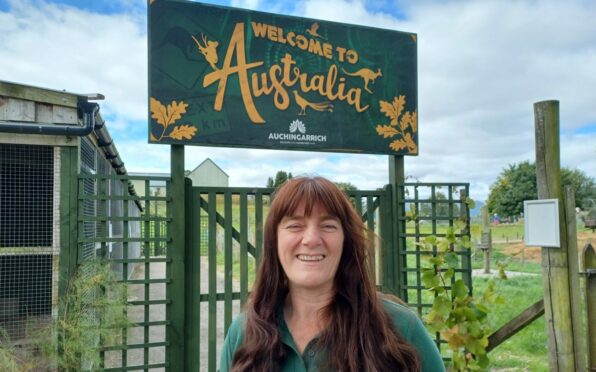
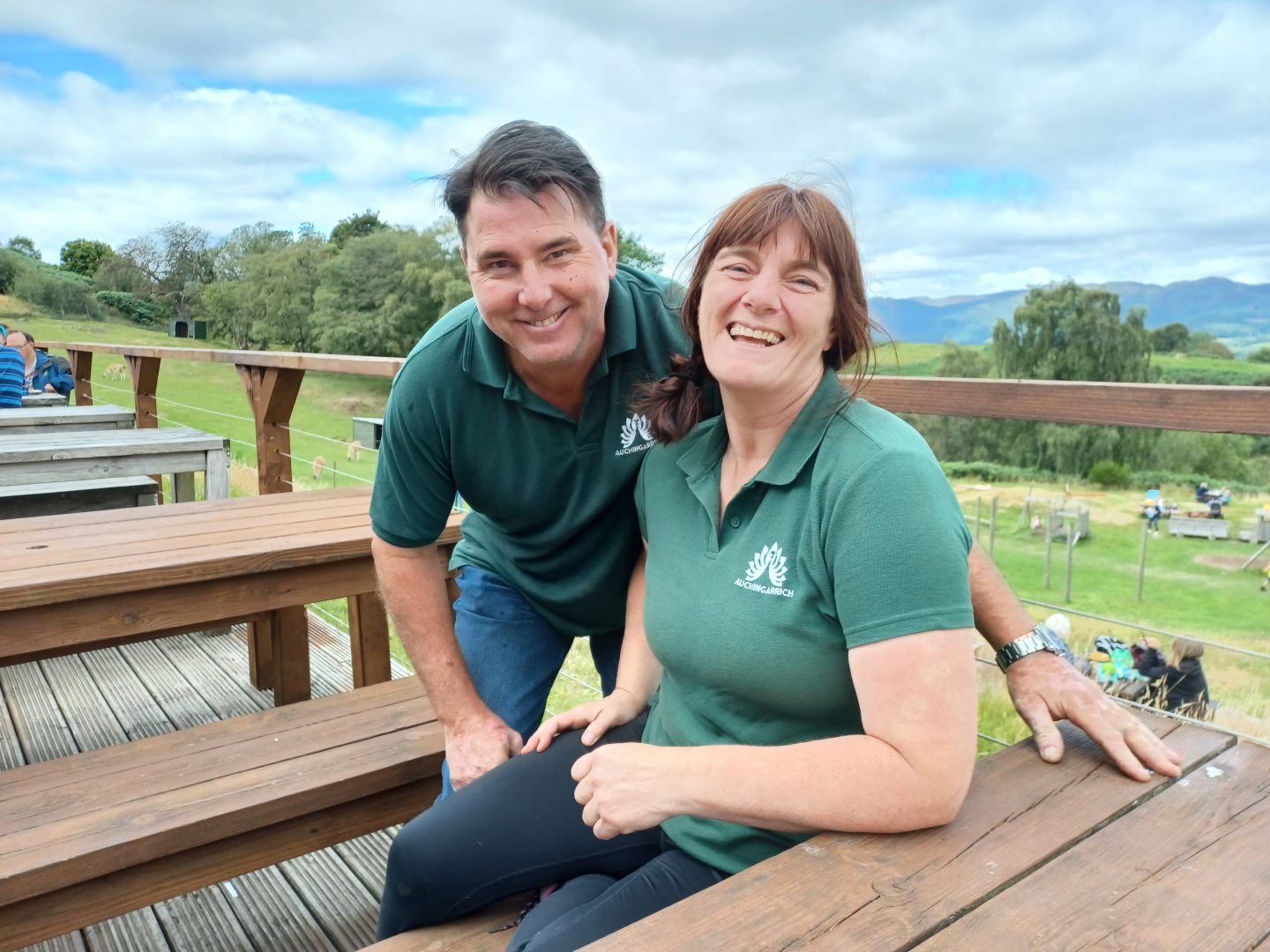
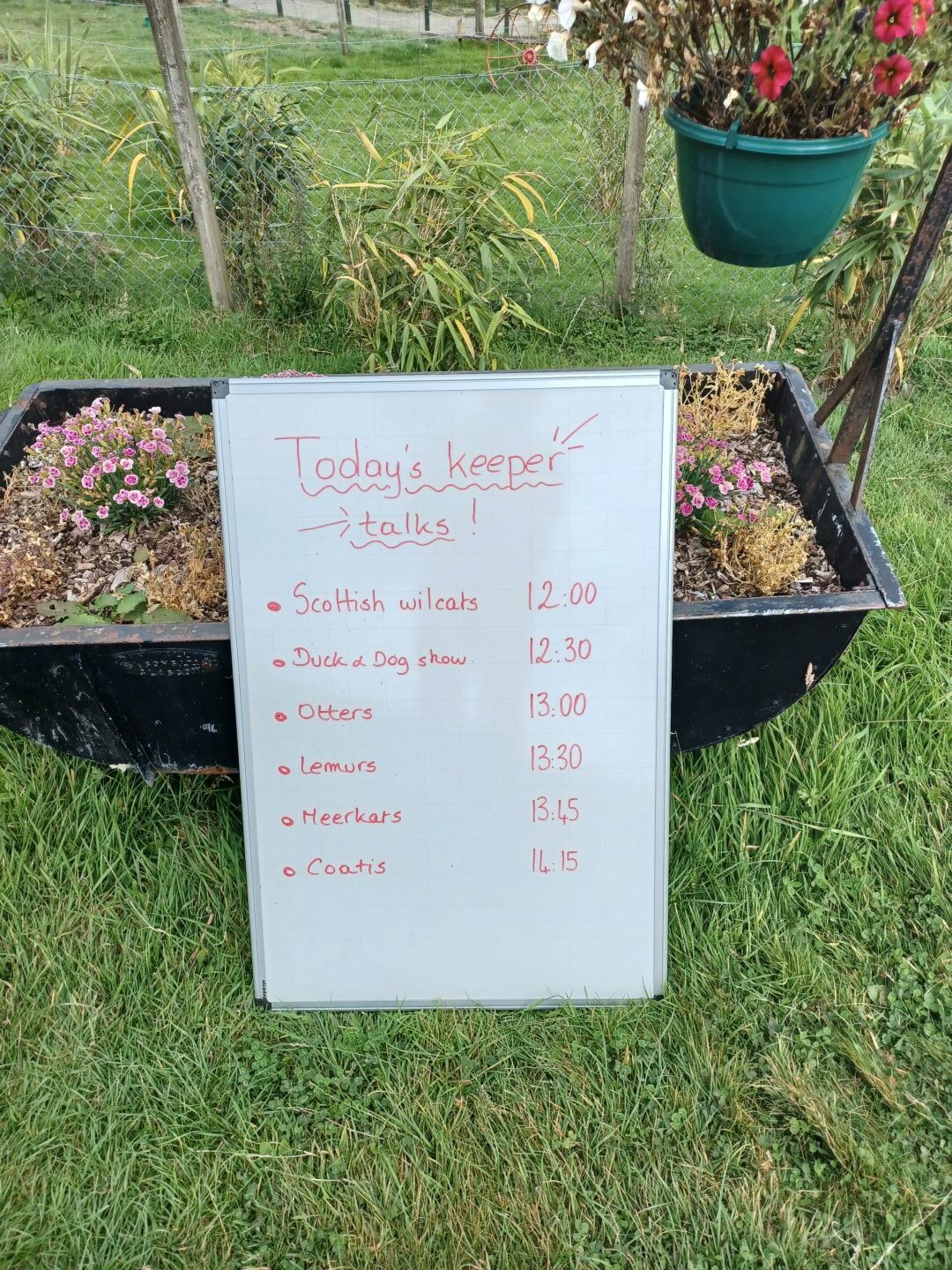
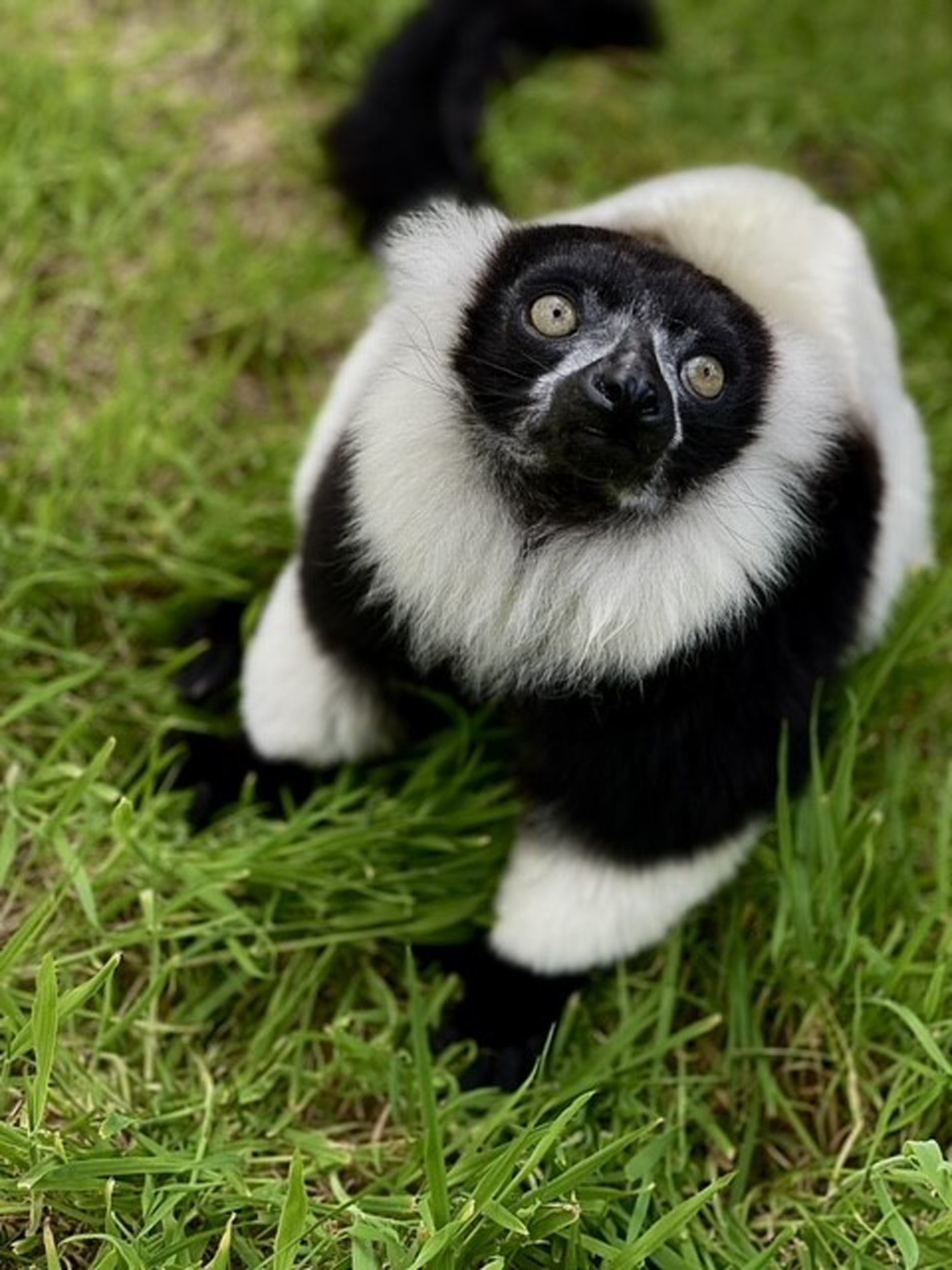
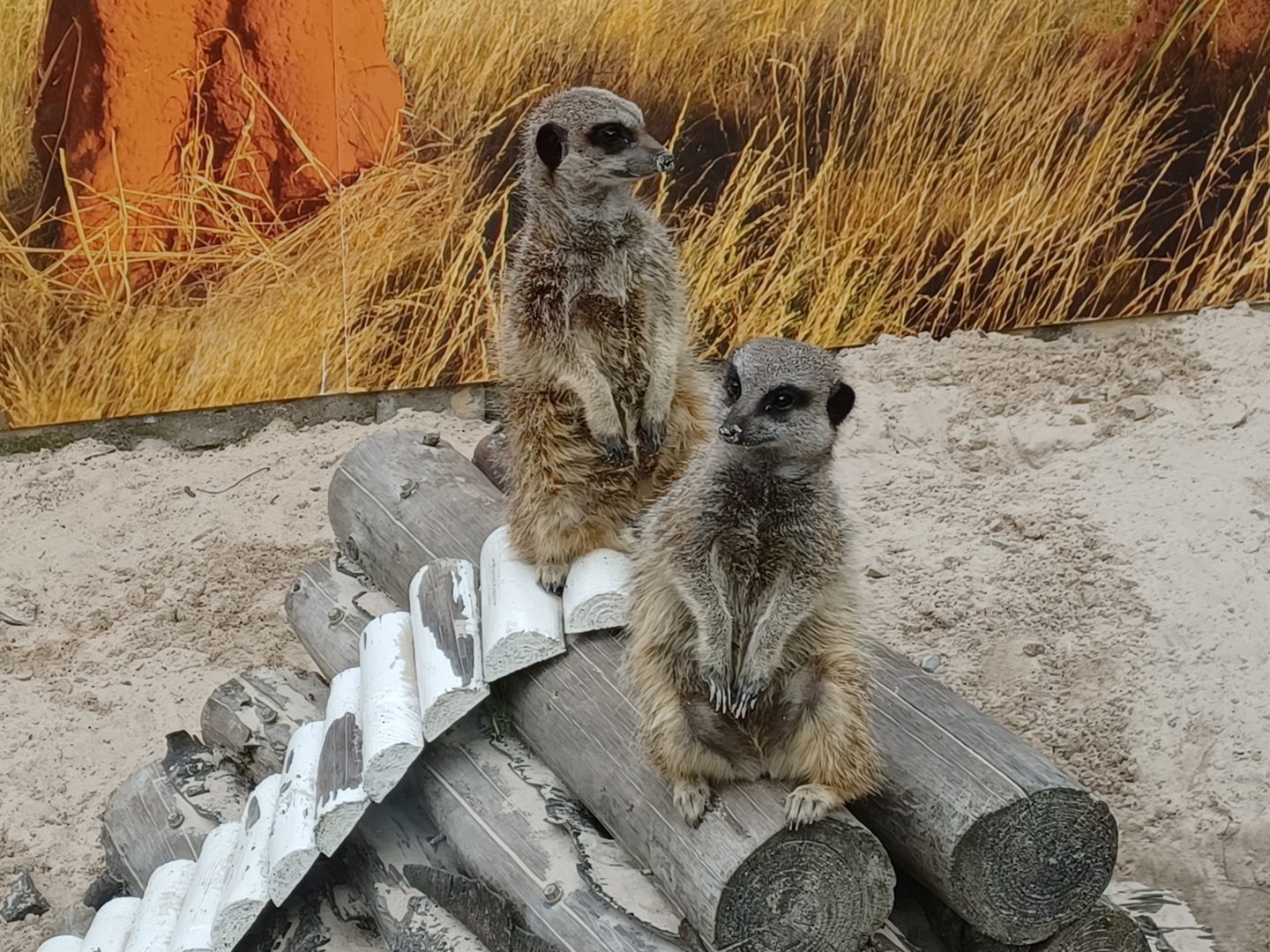
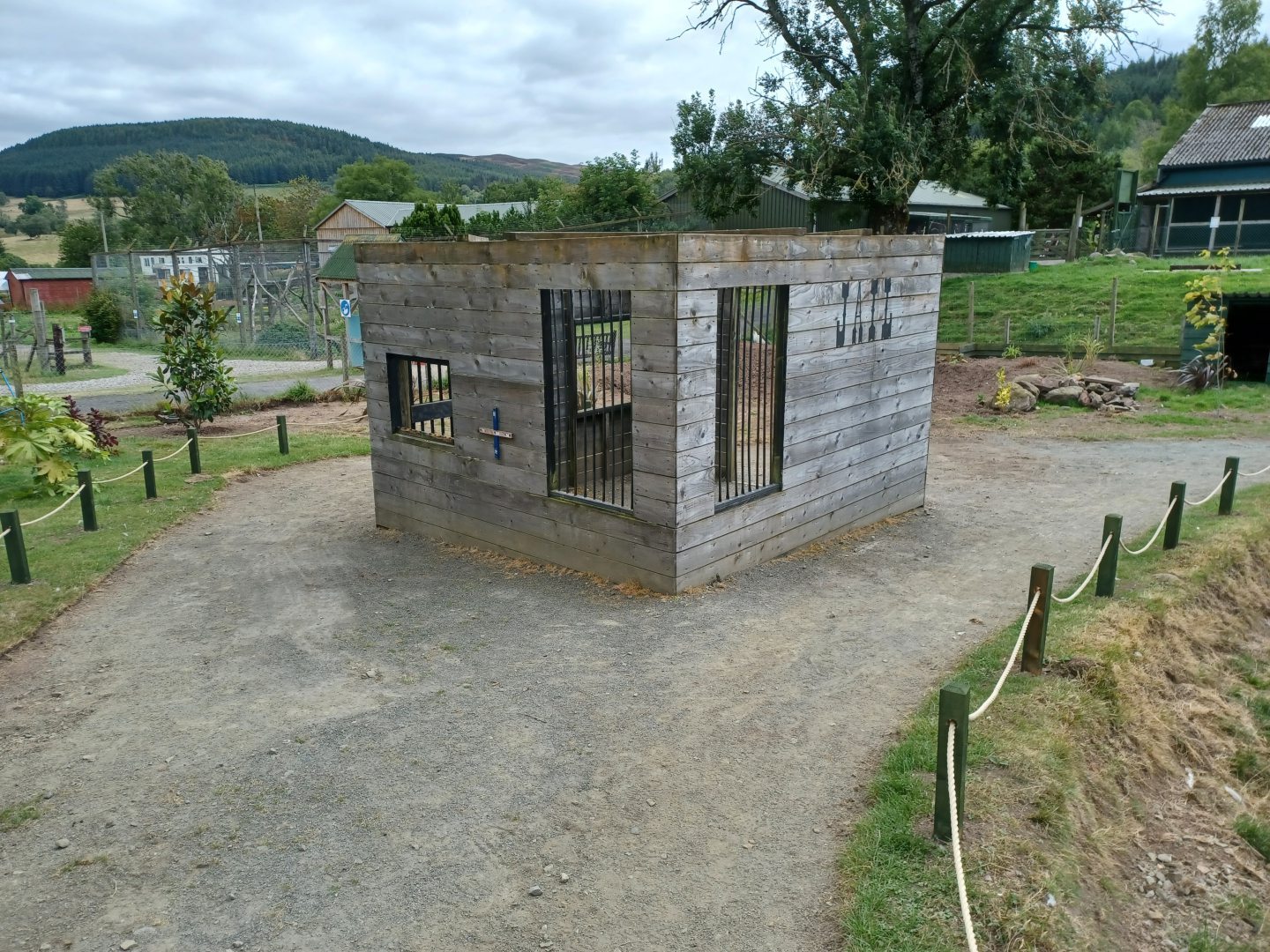
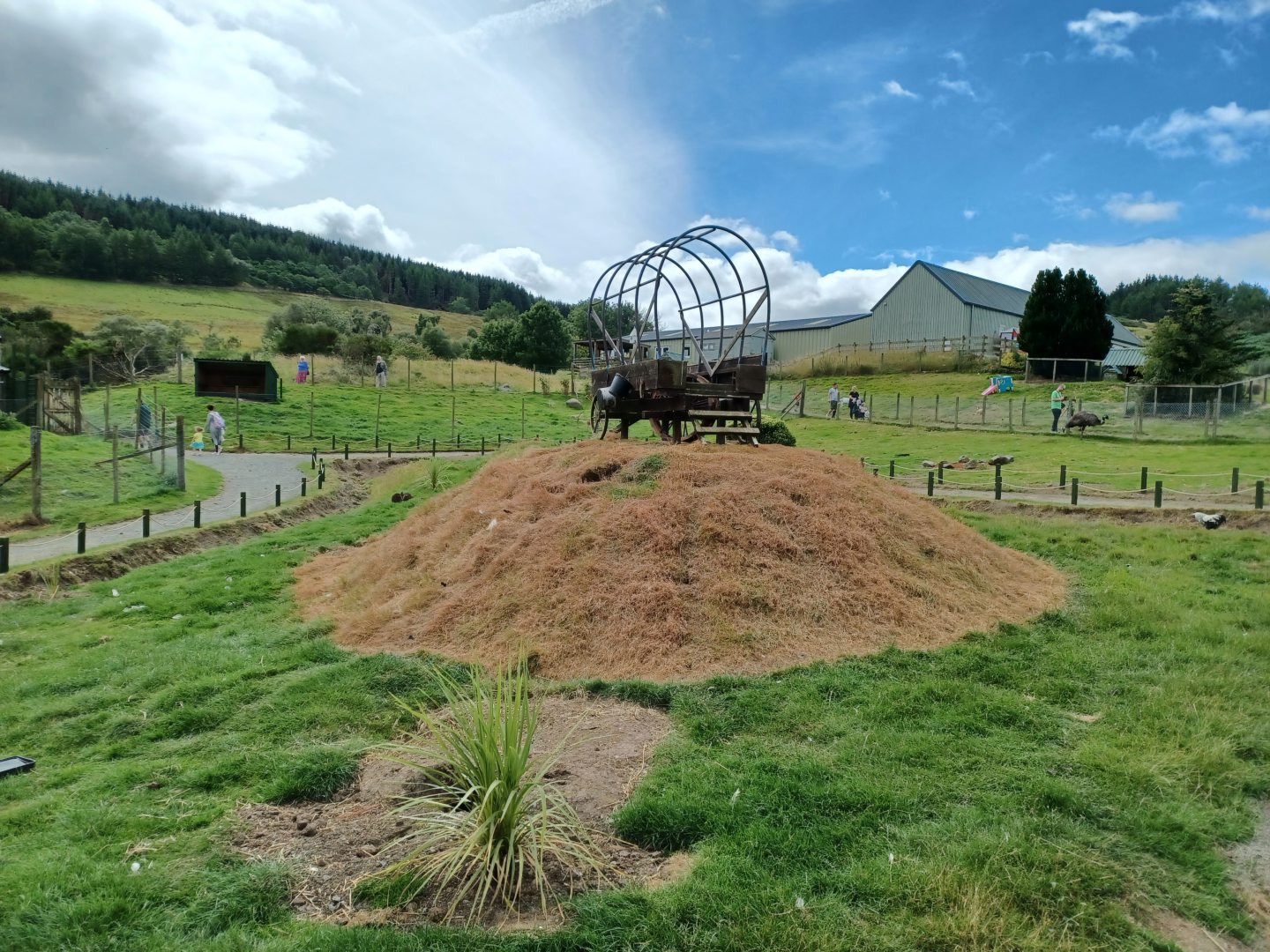
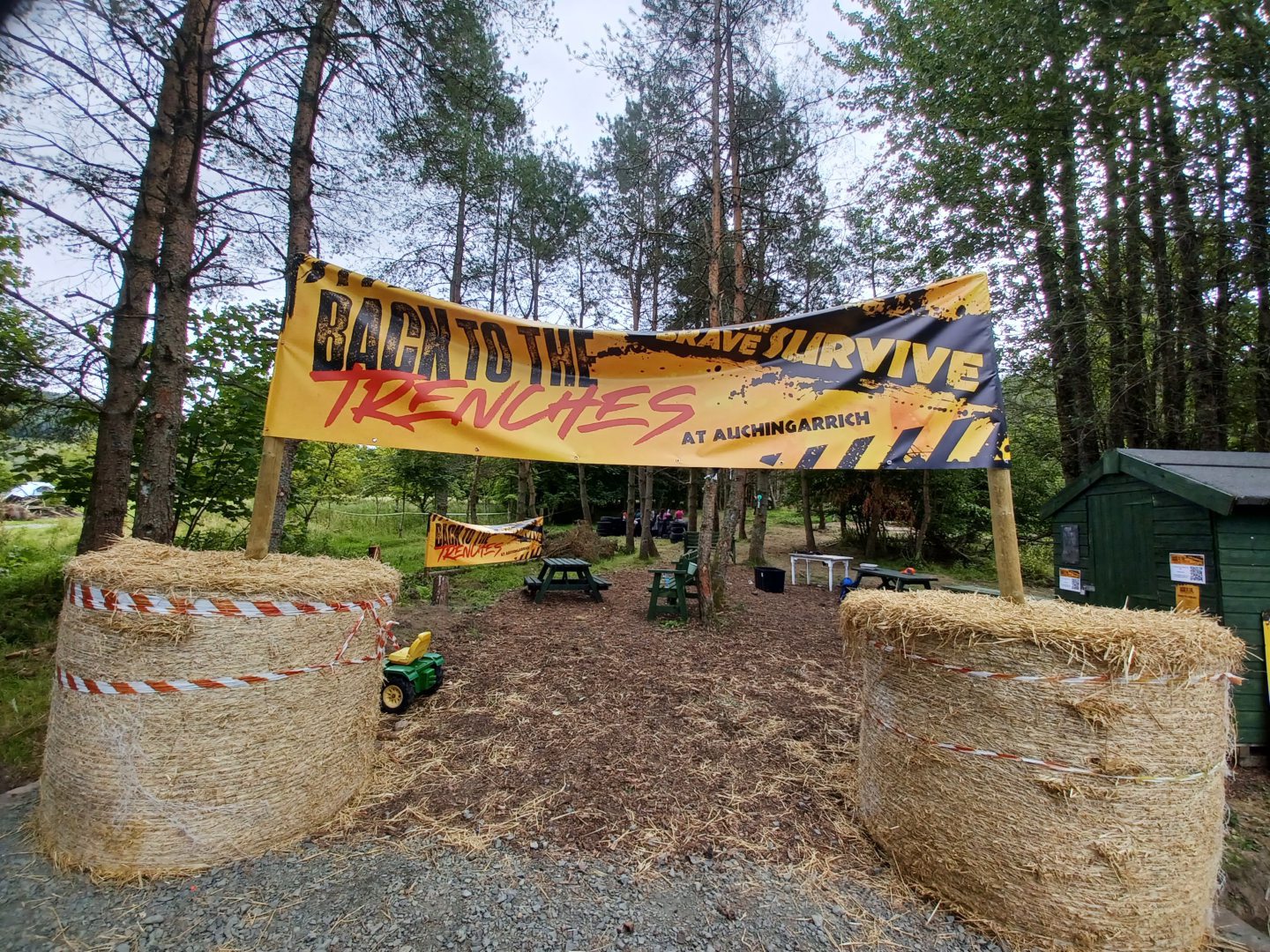
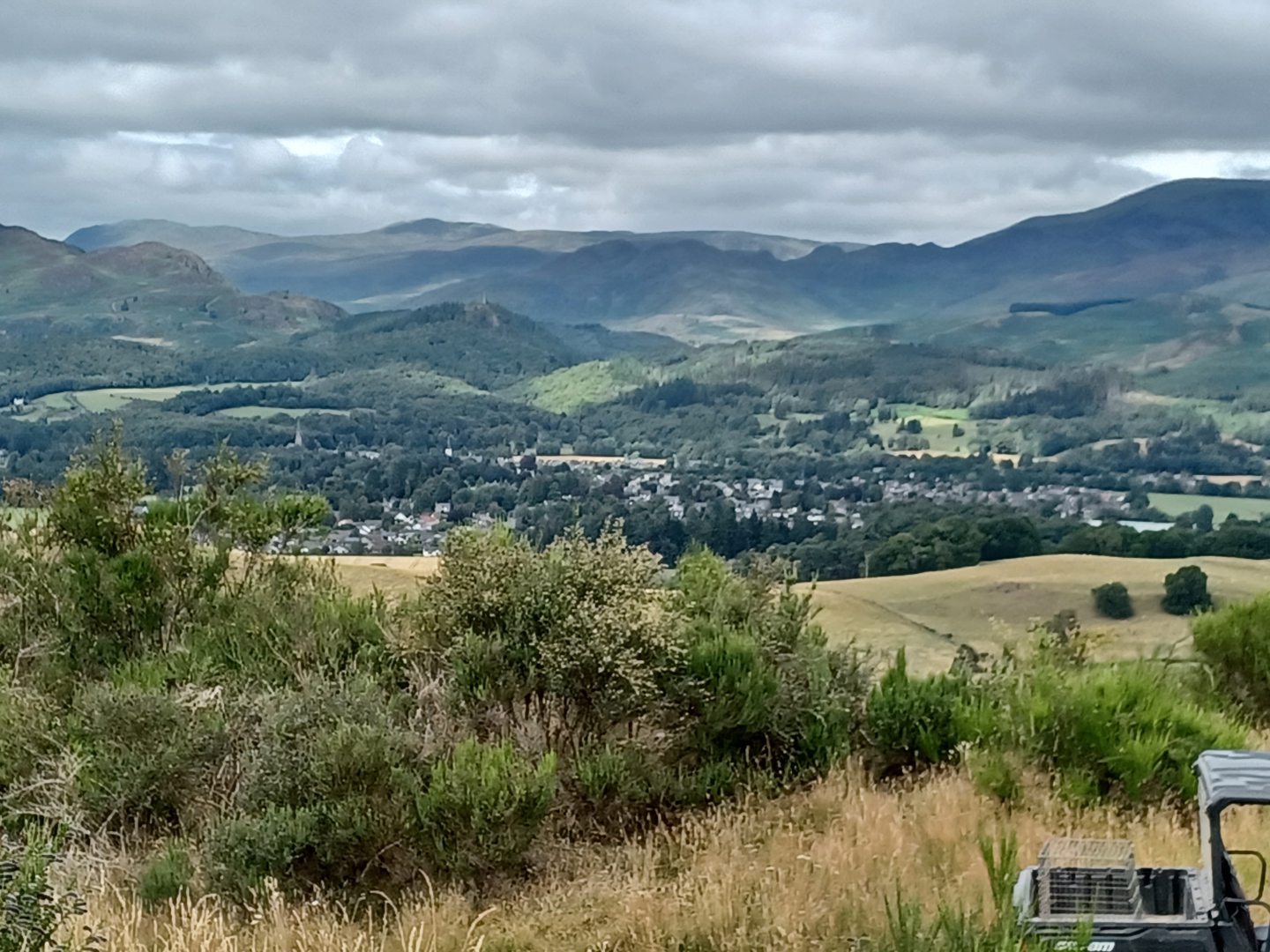
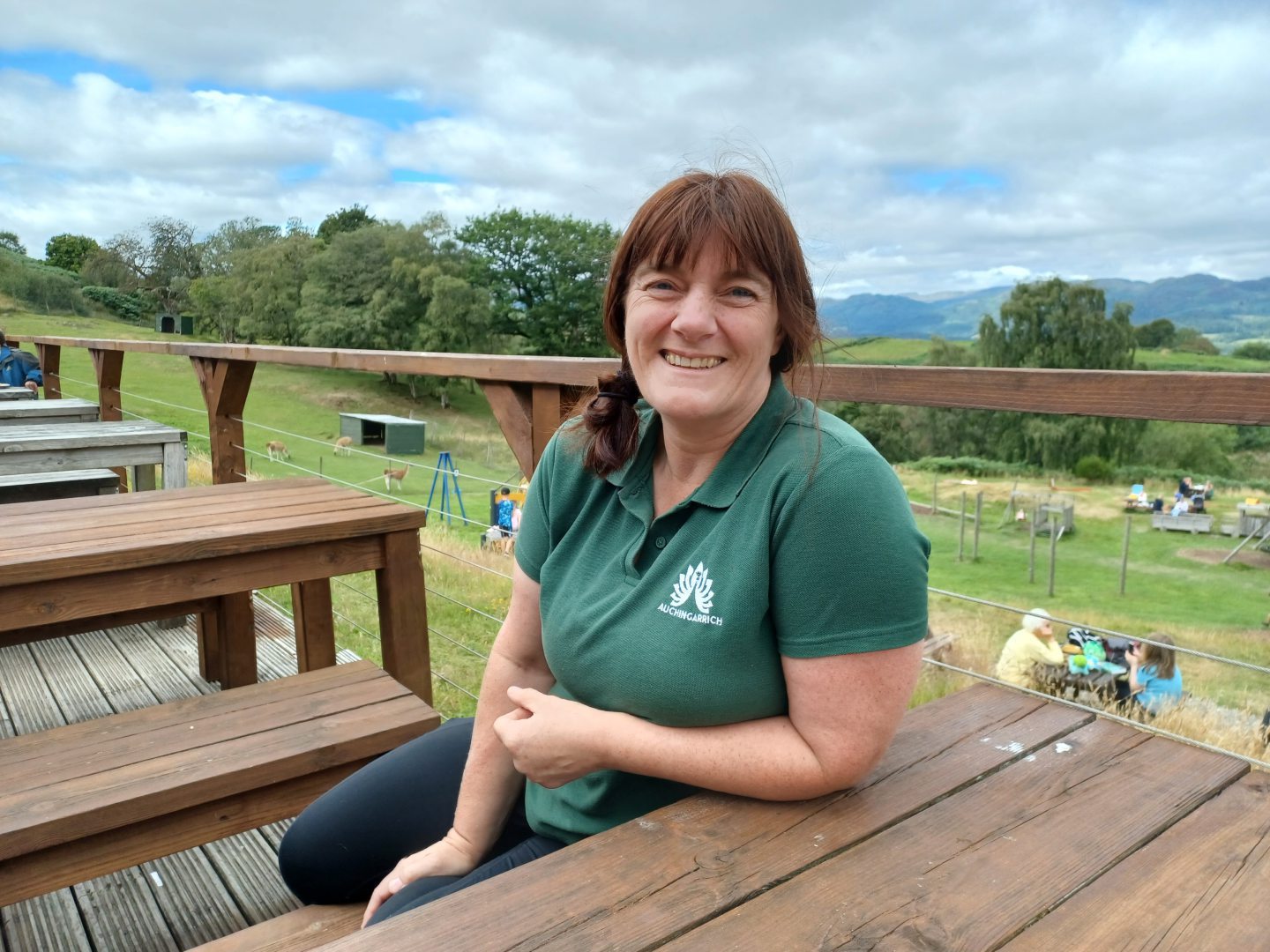






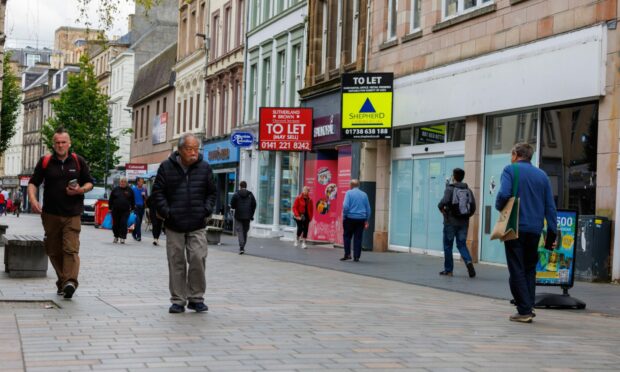



Conversation